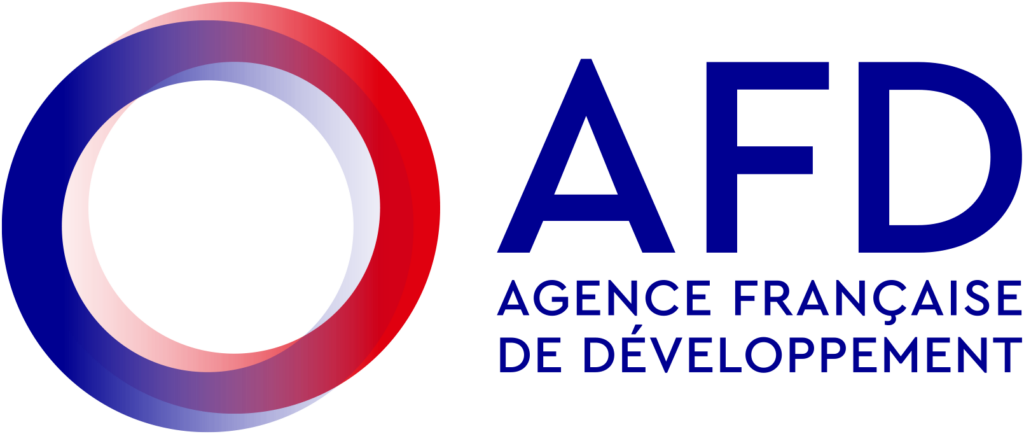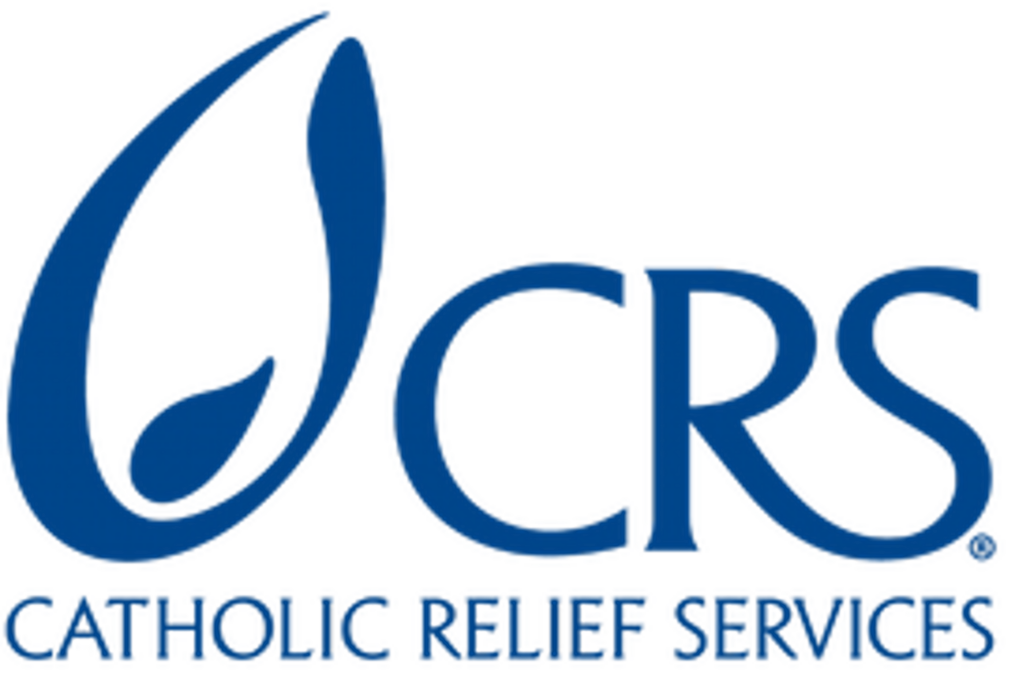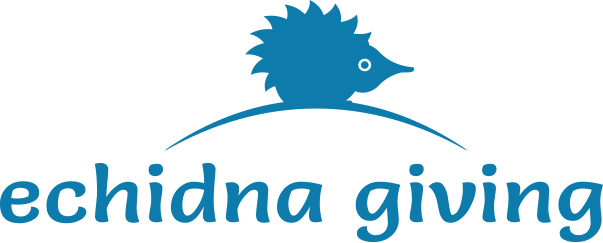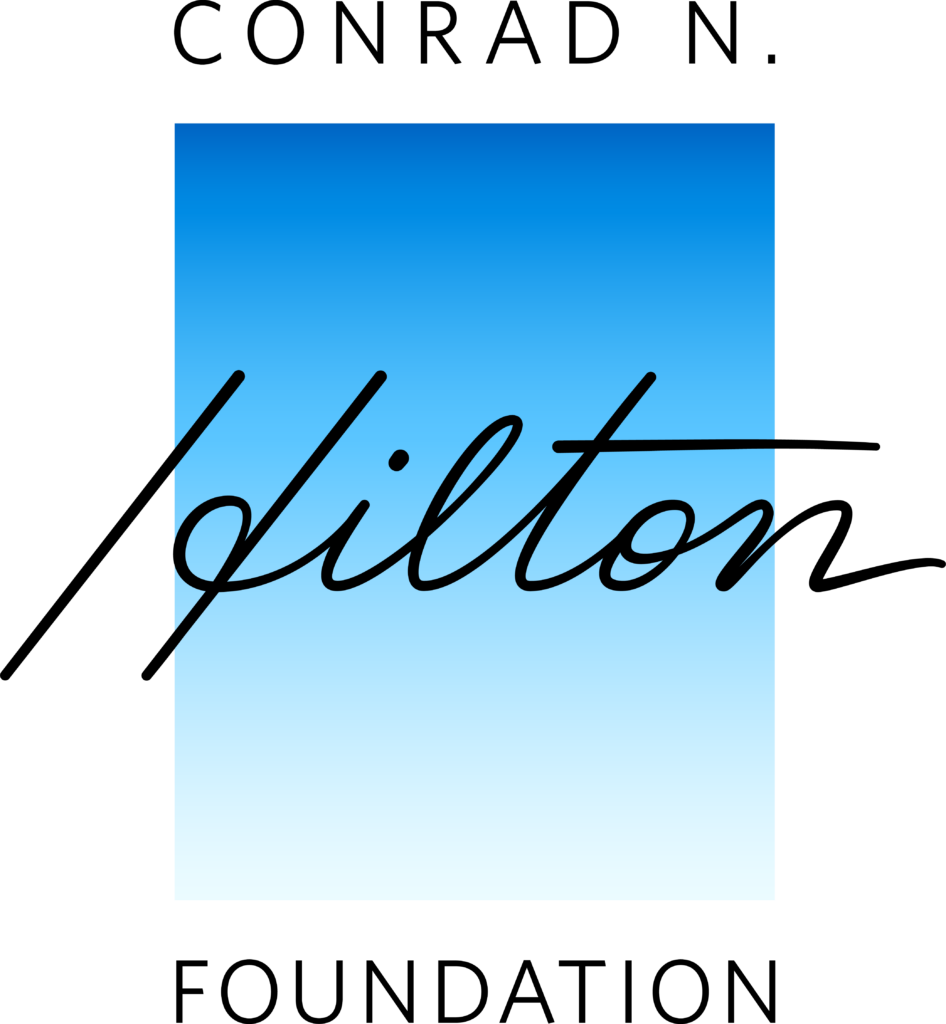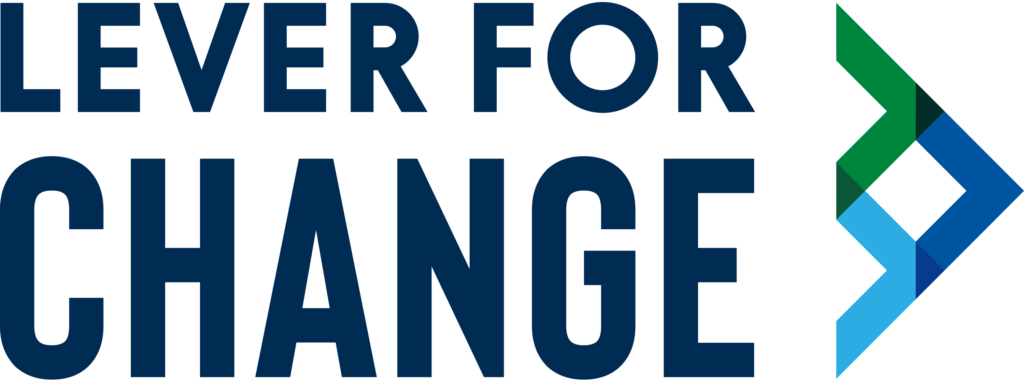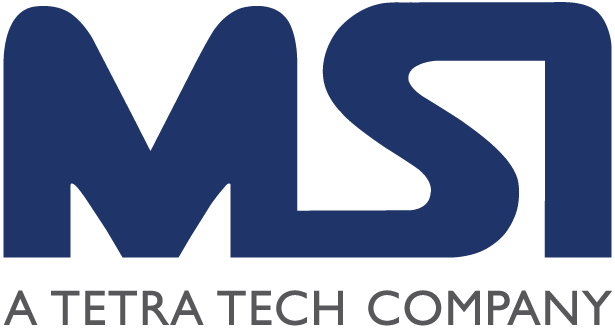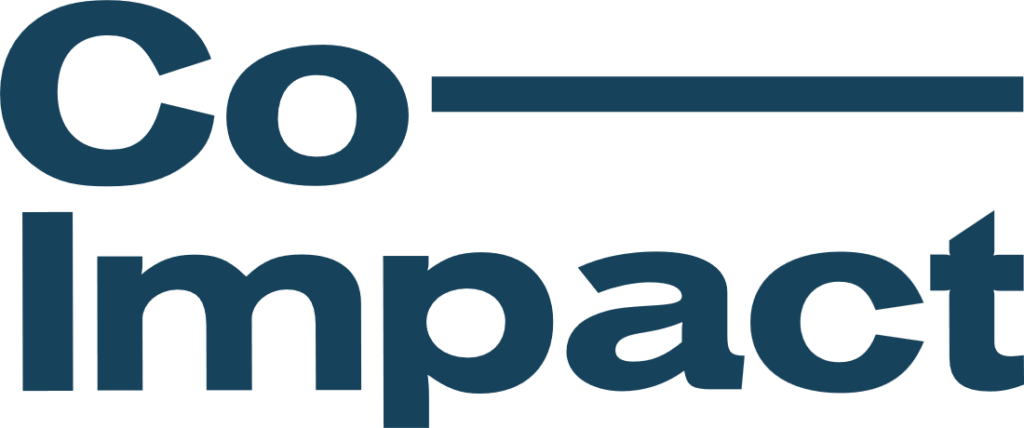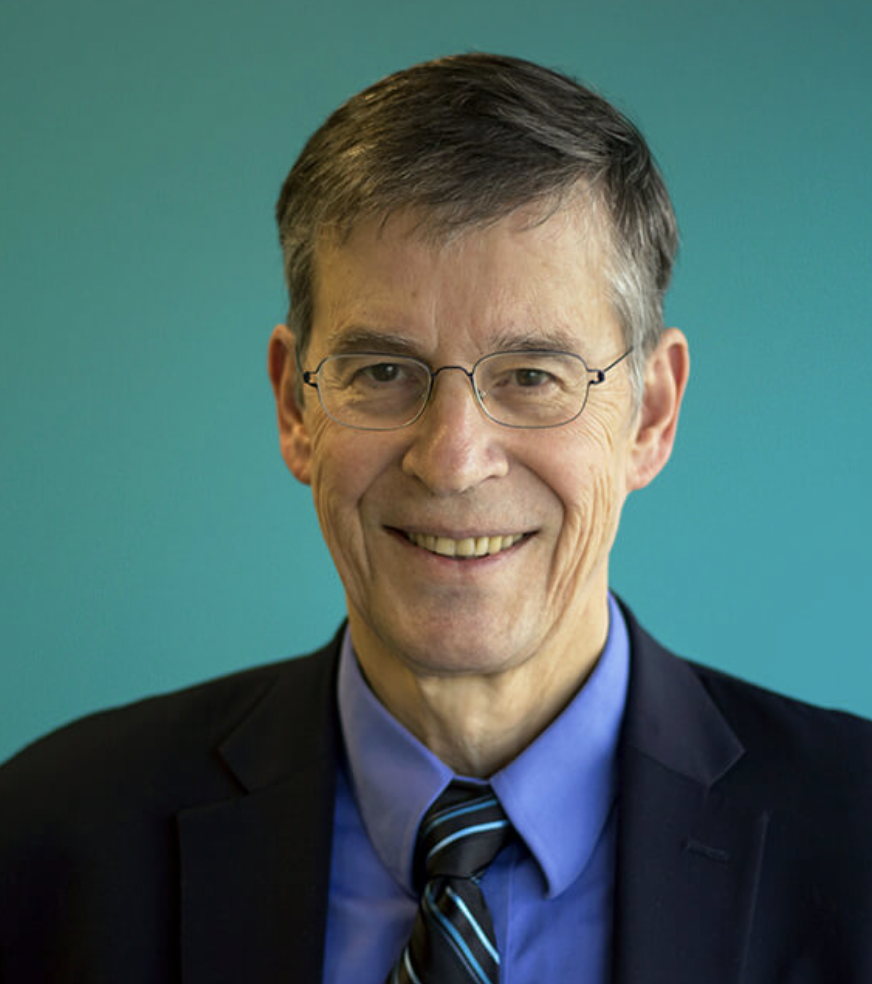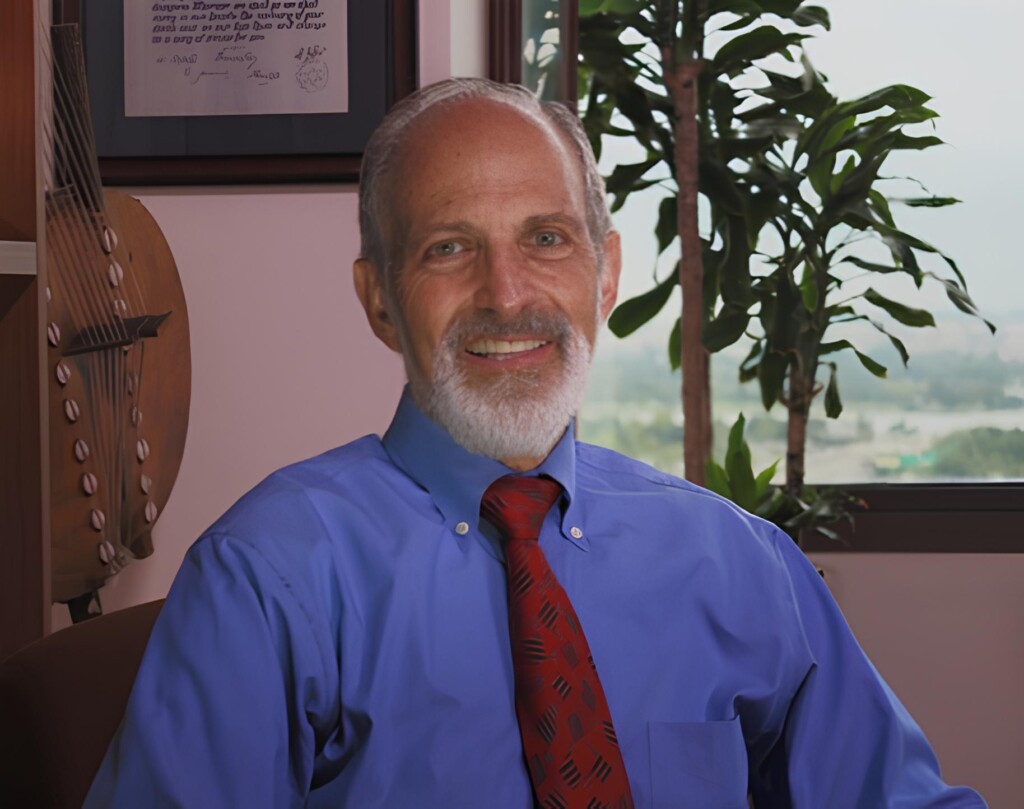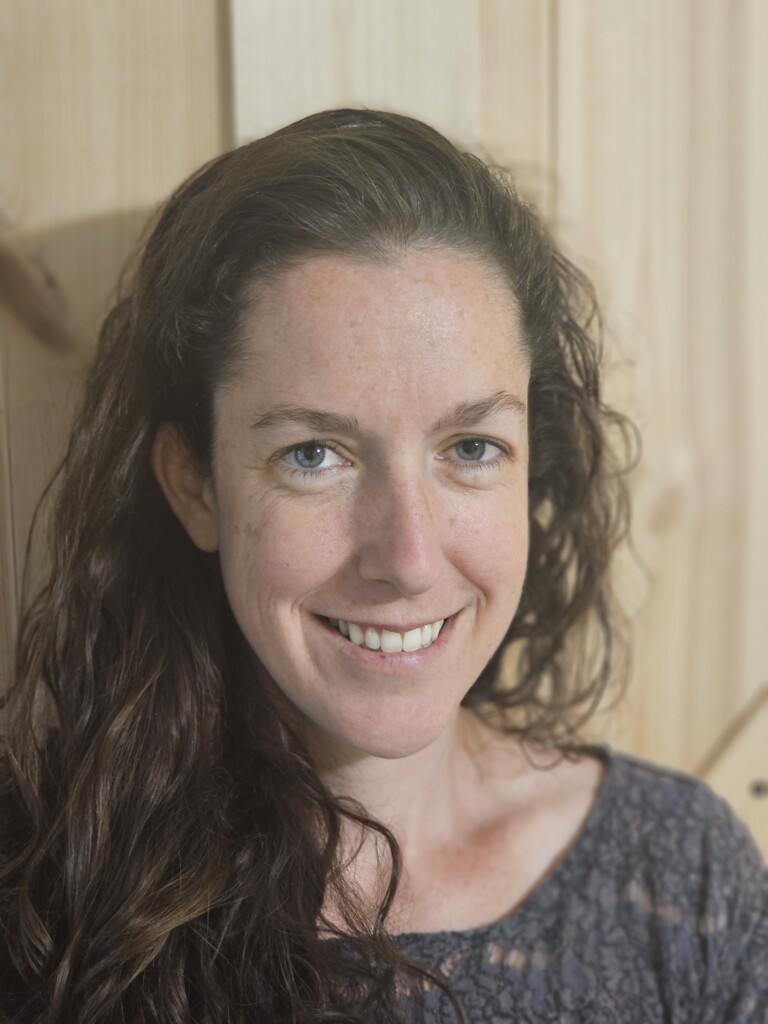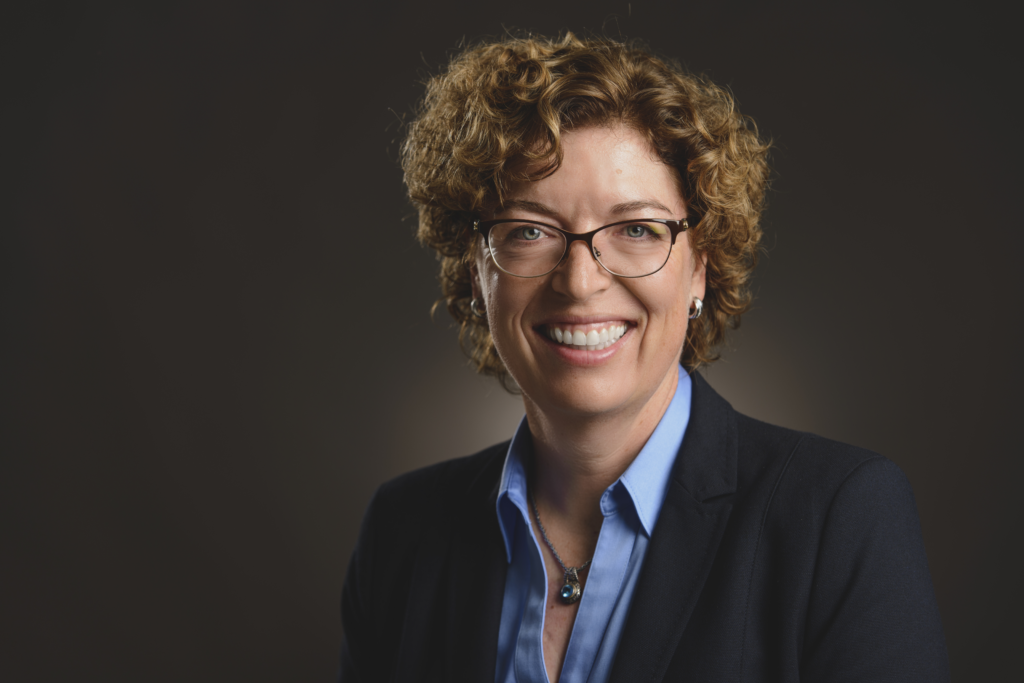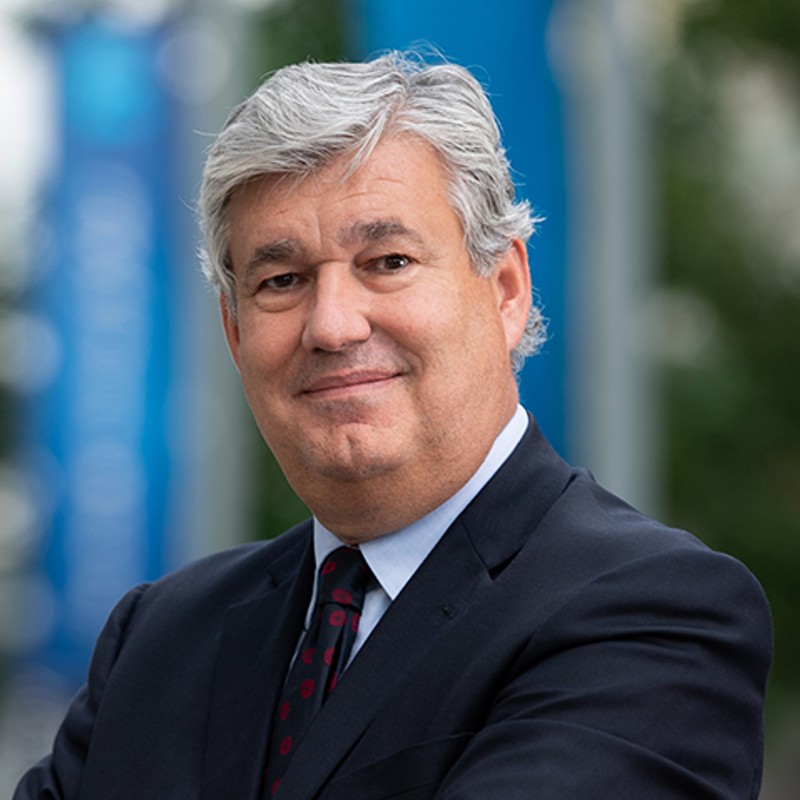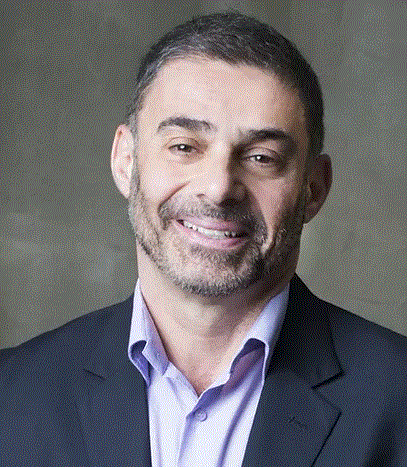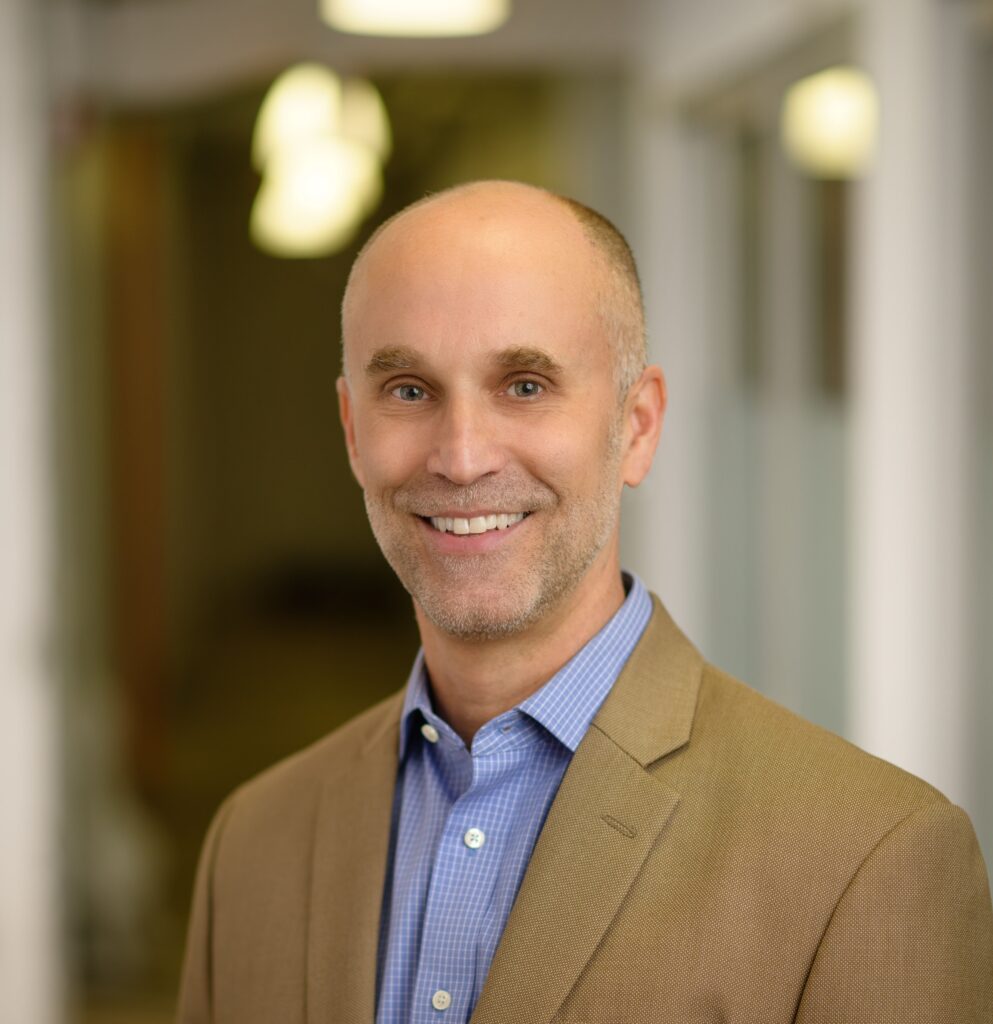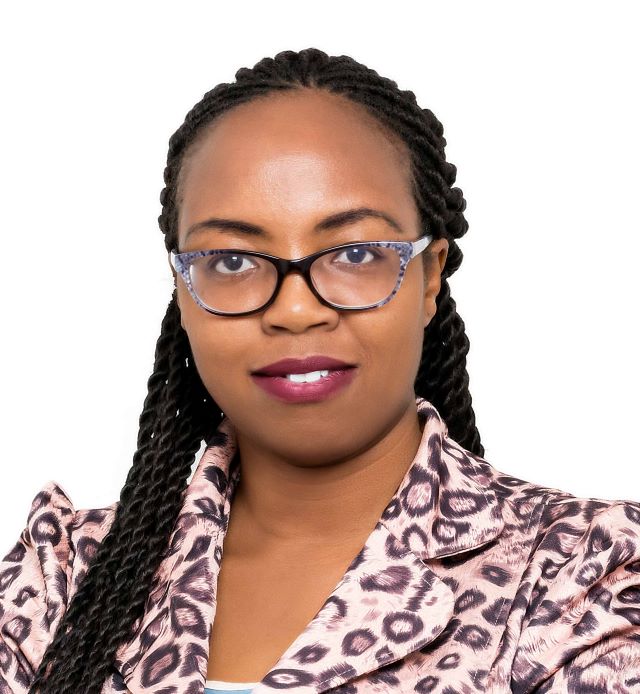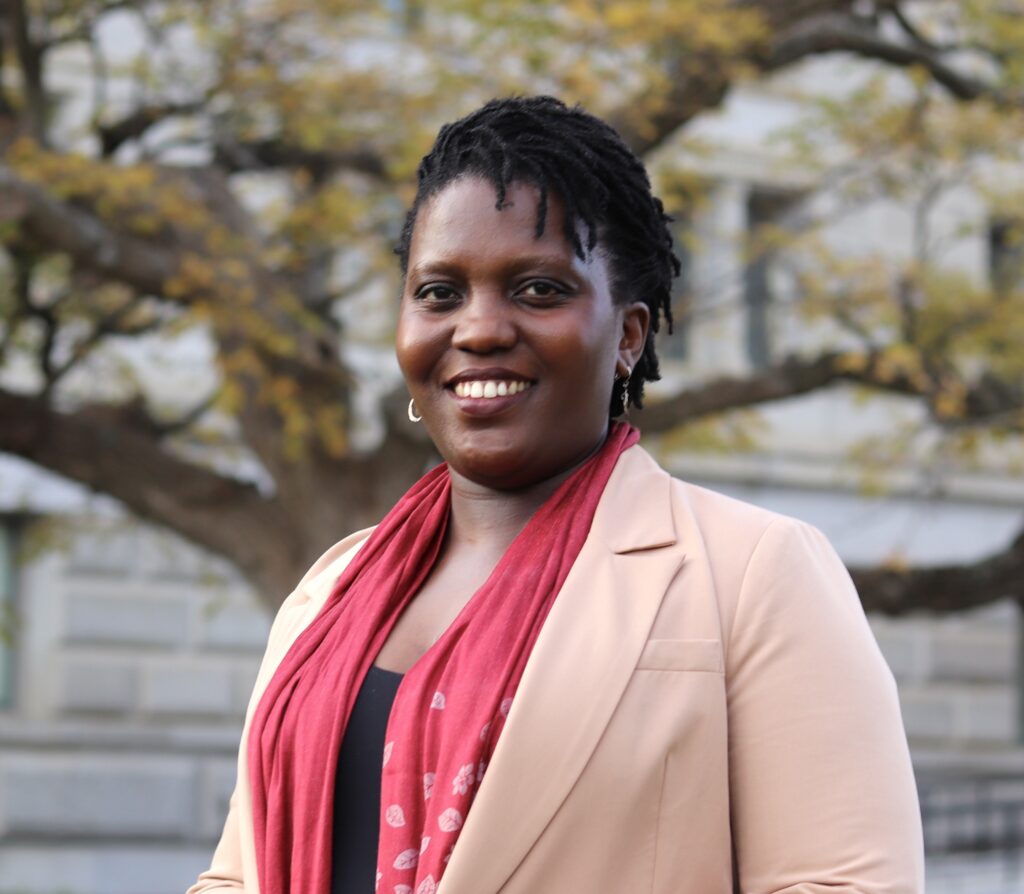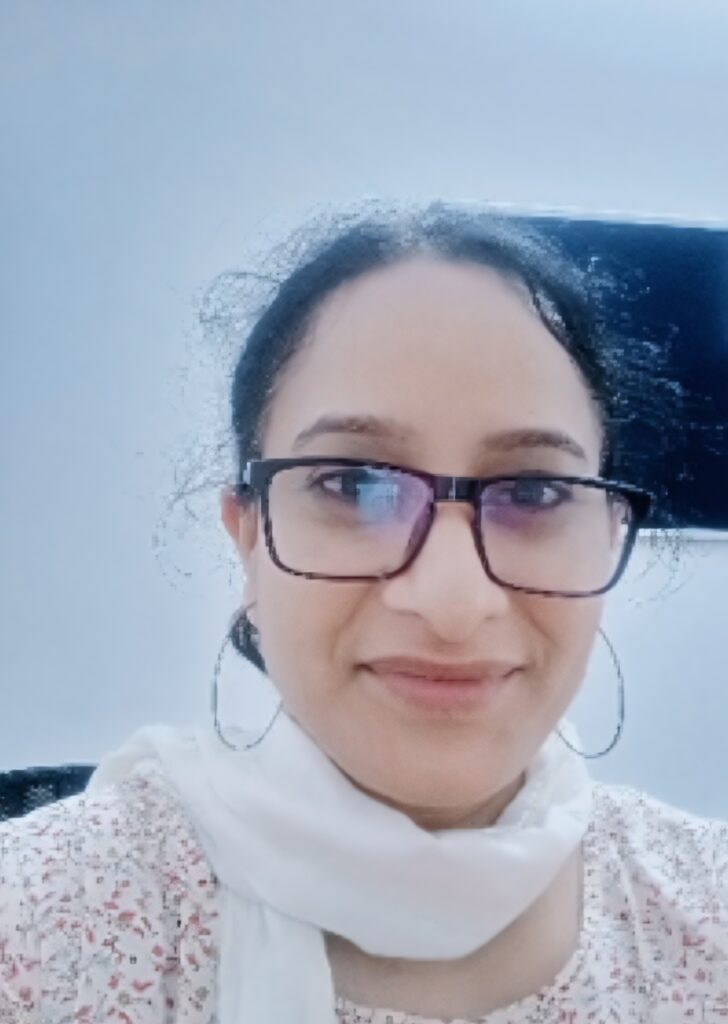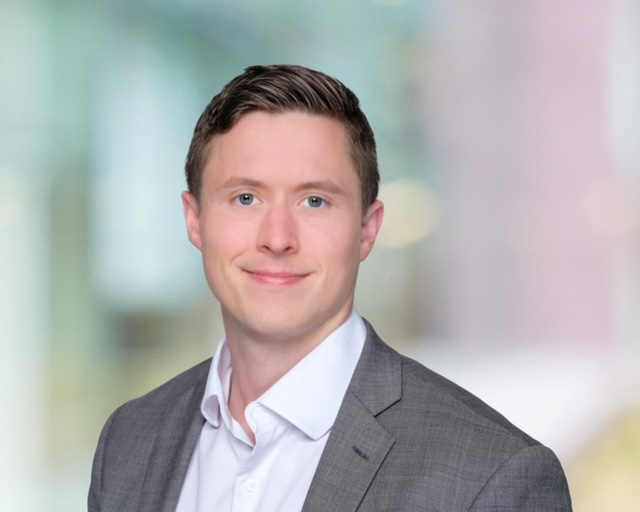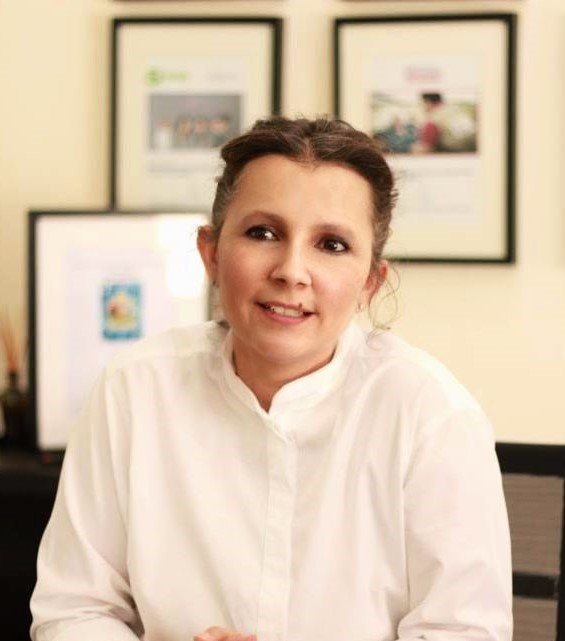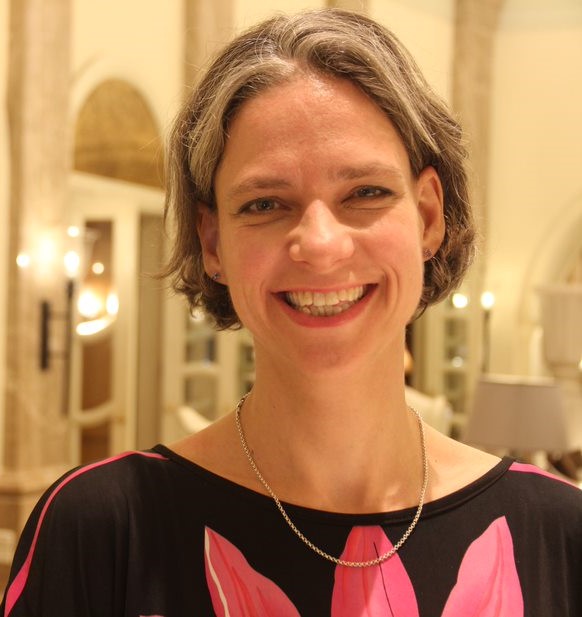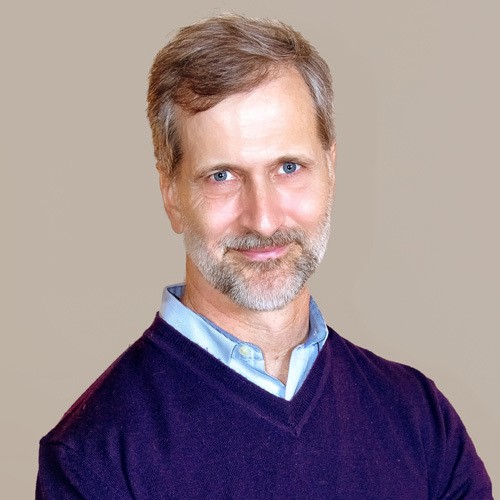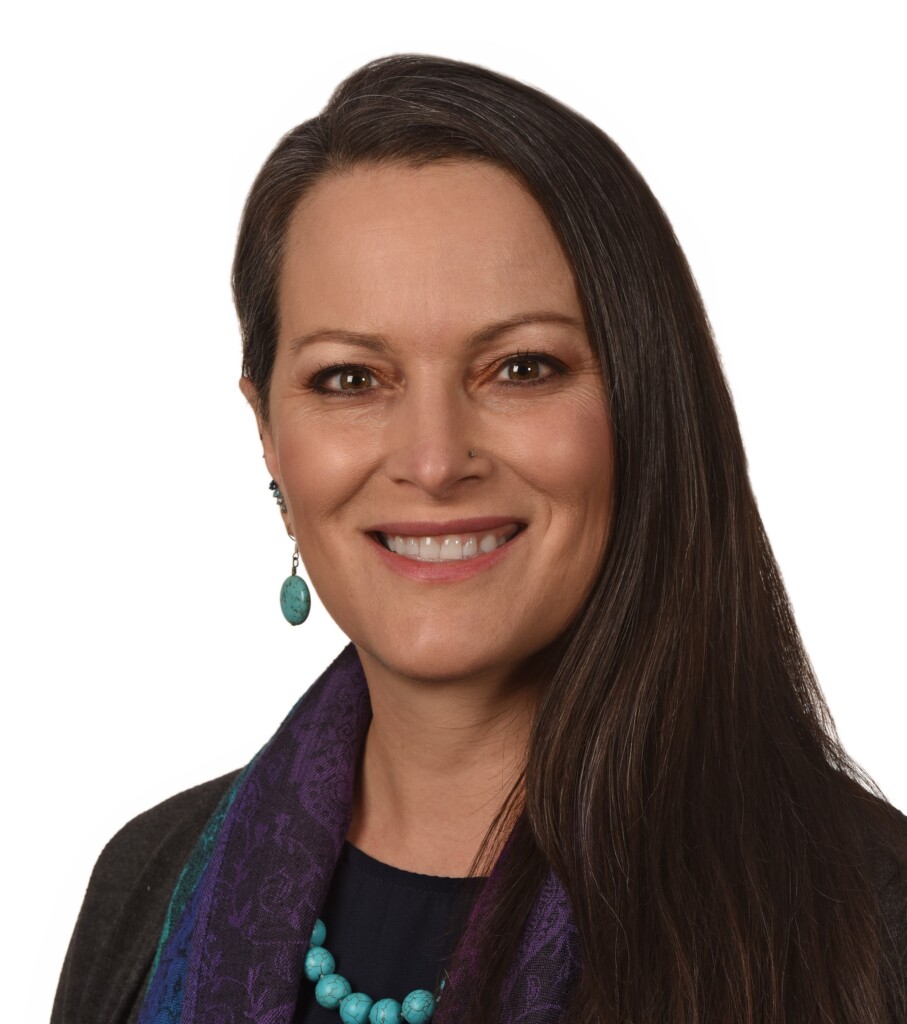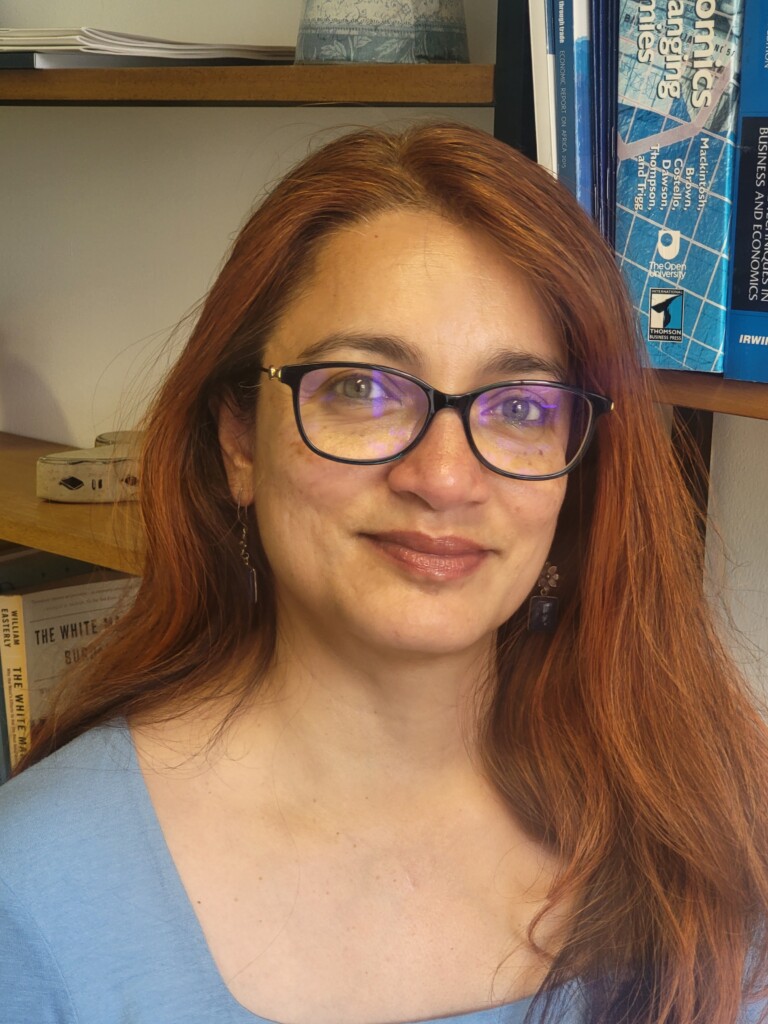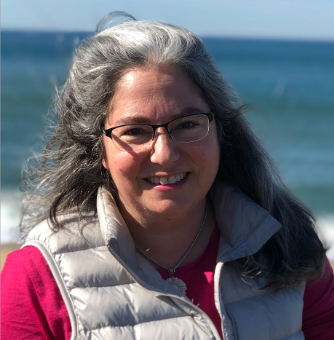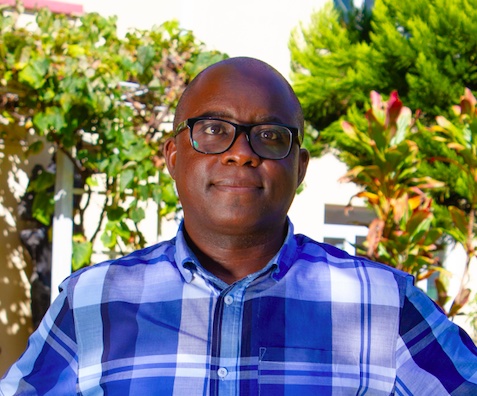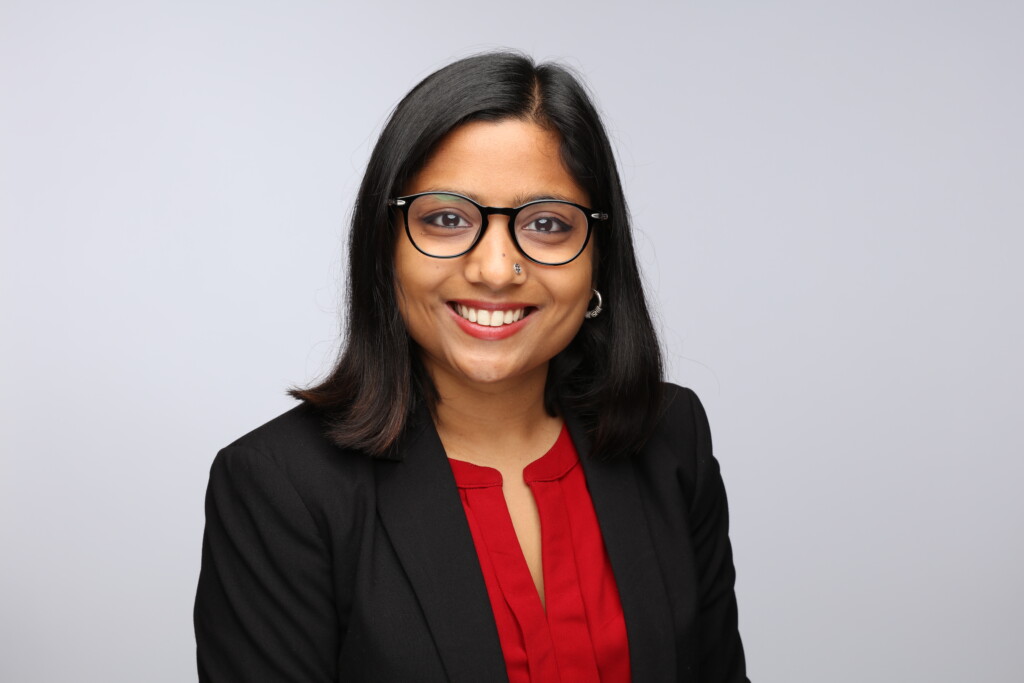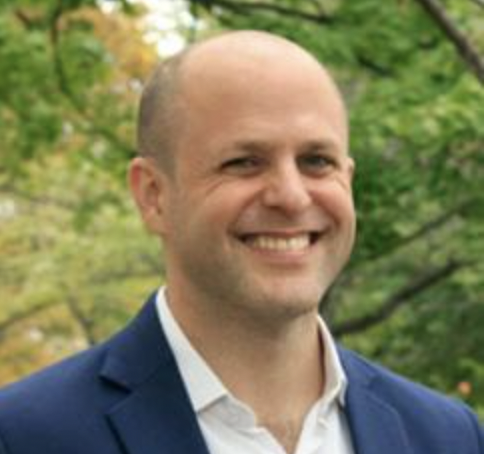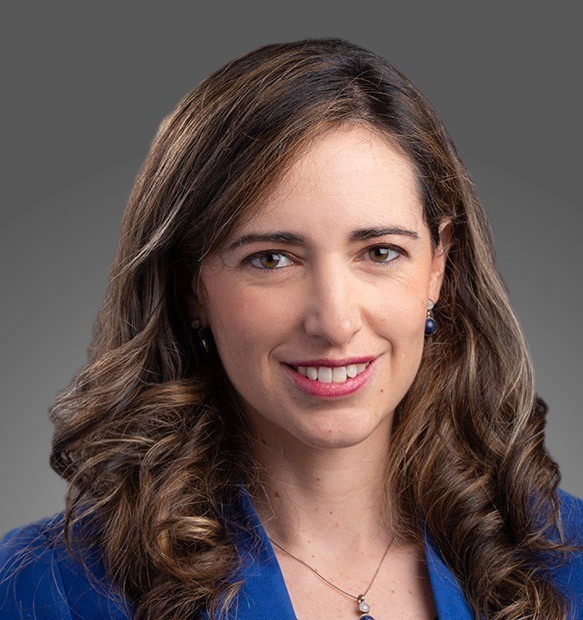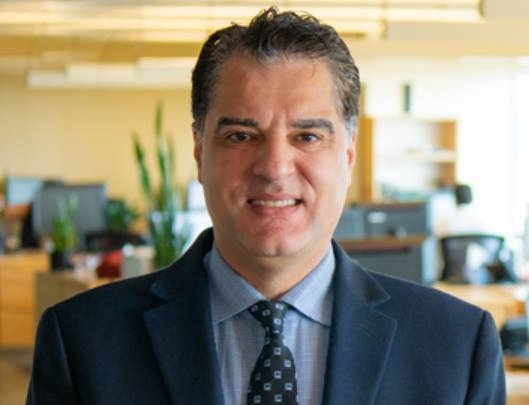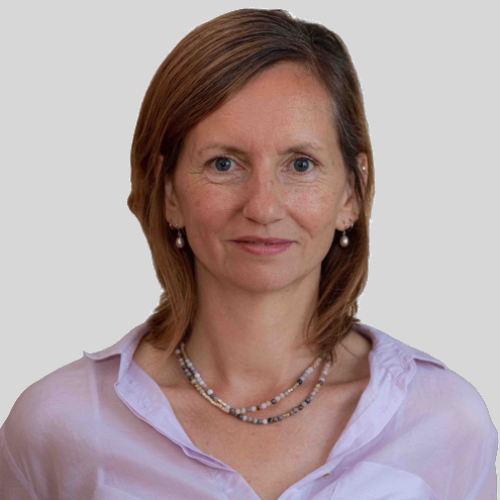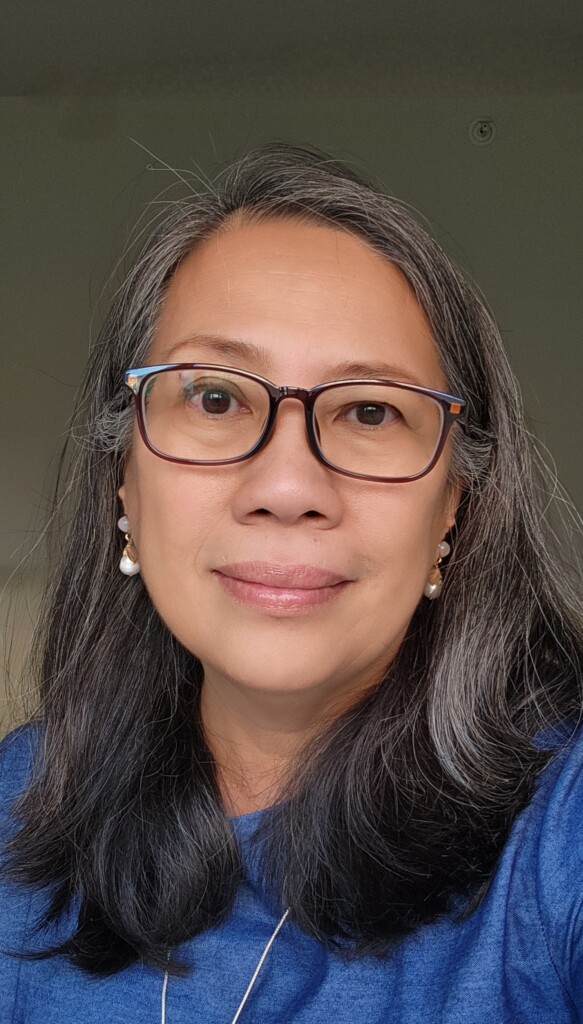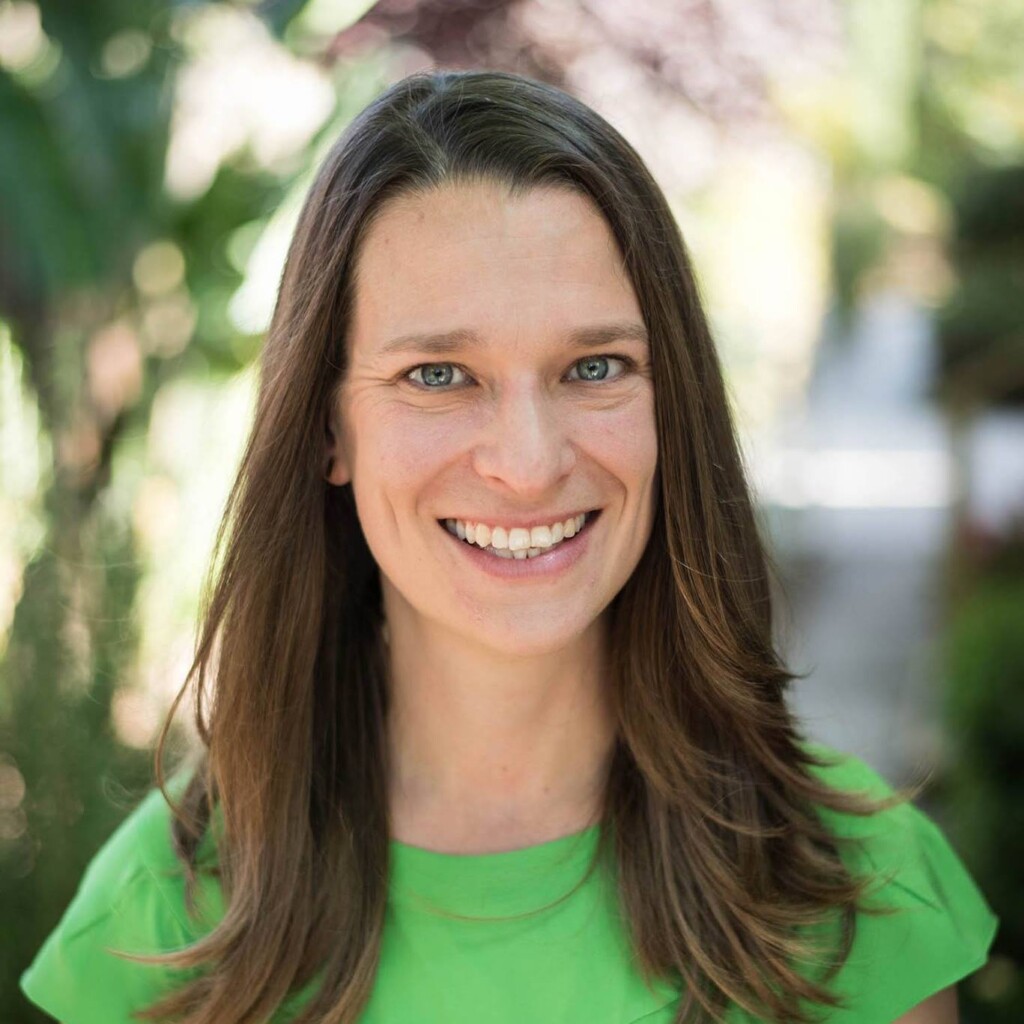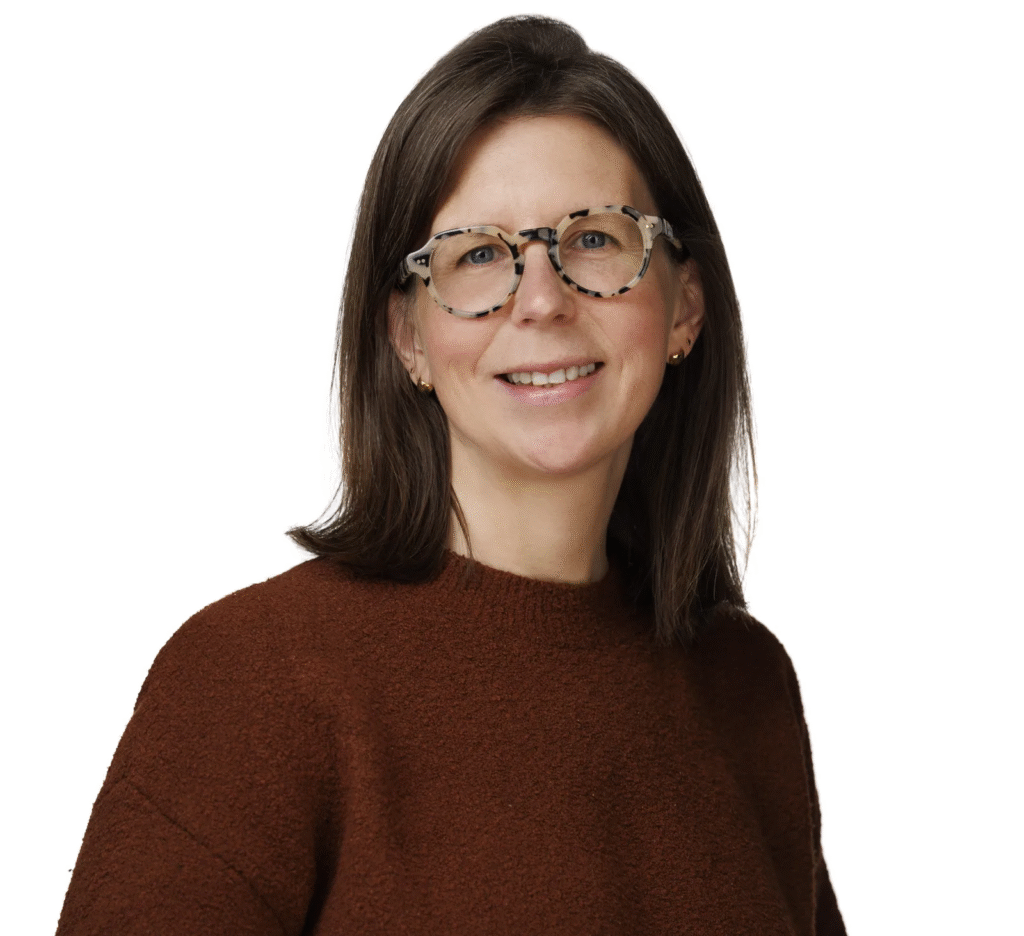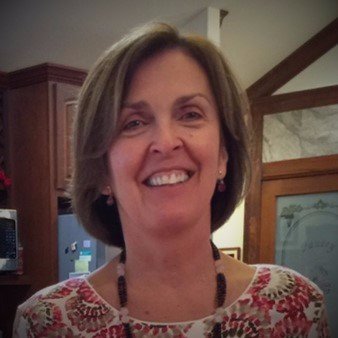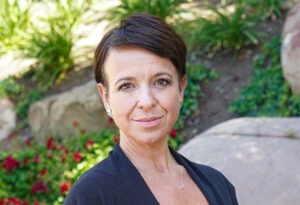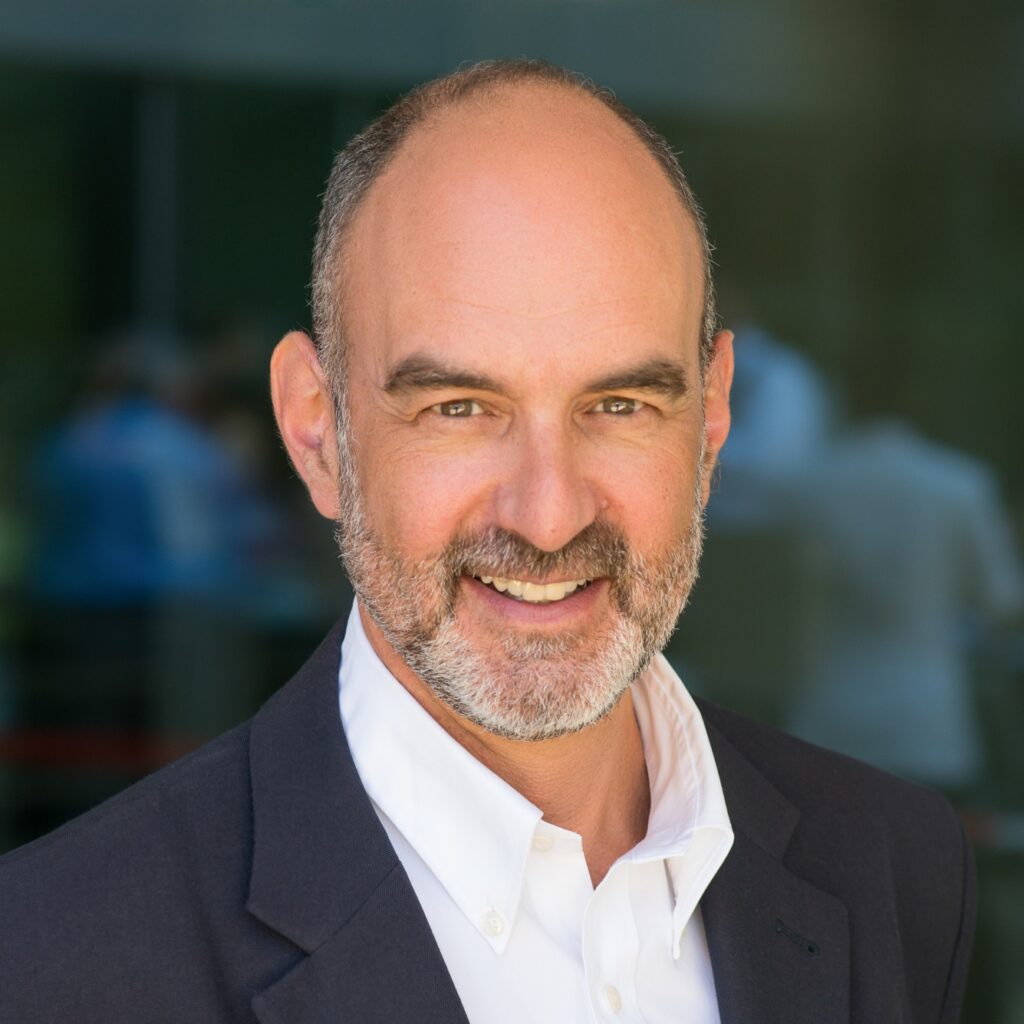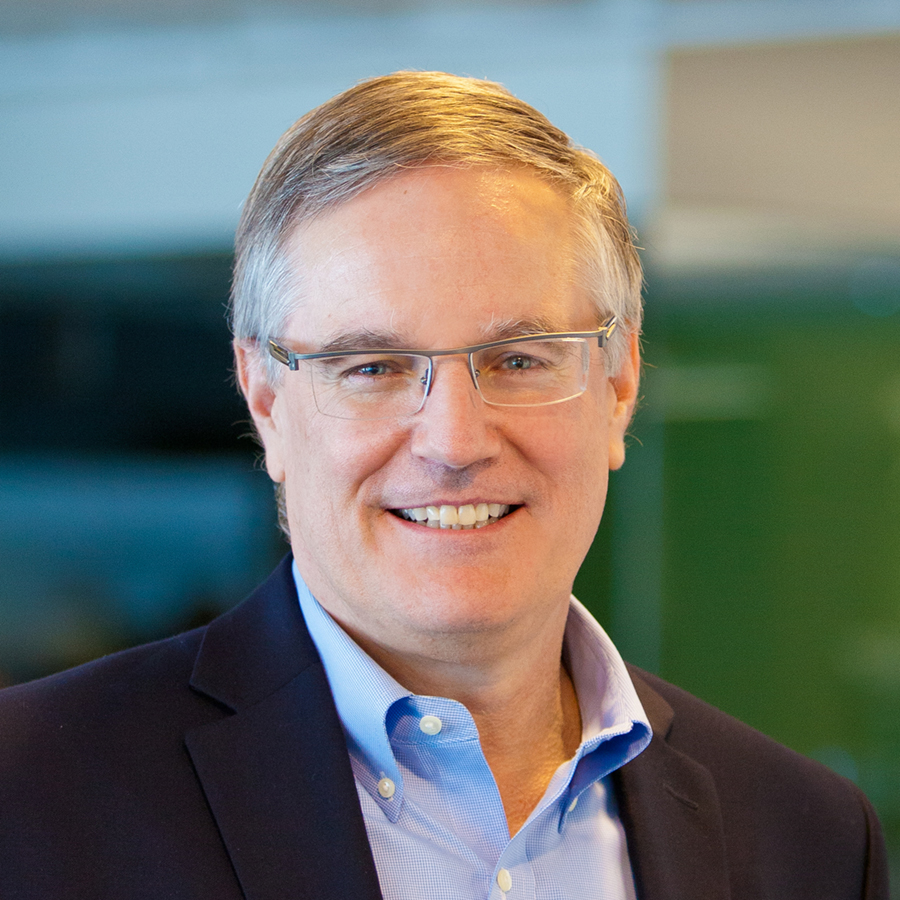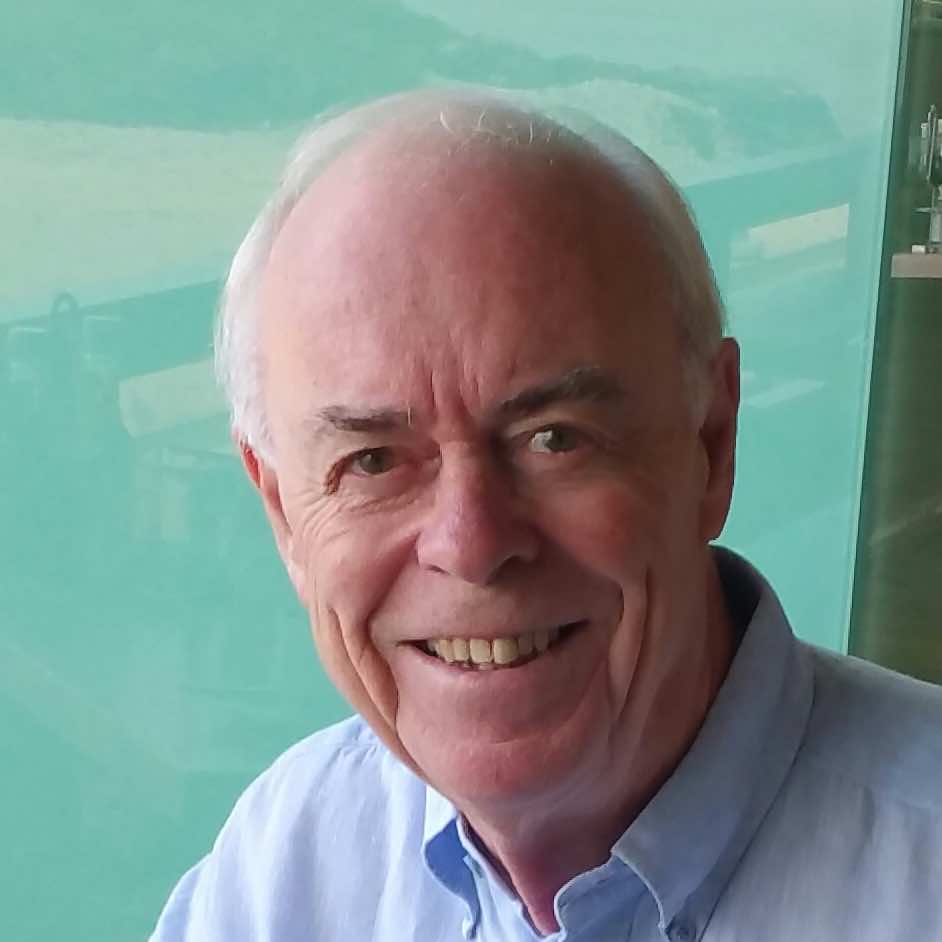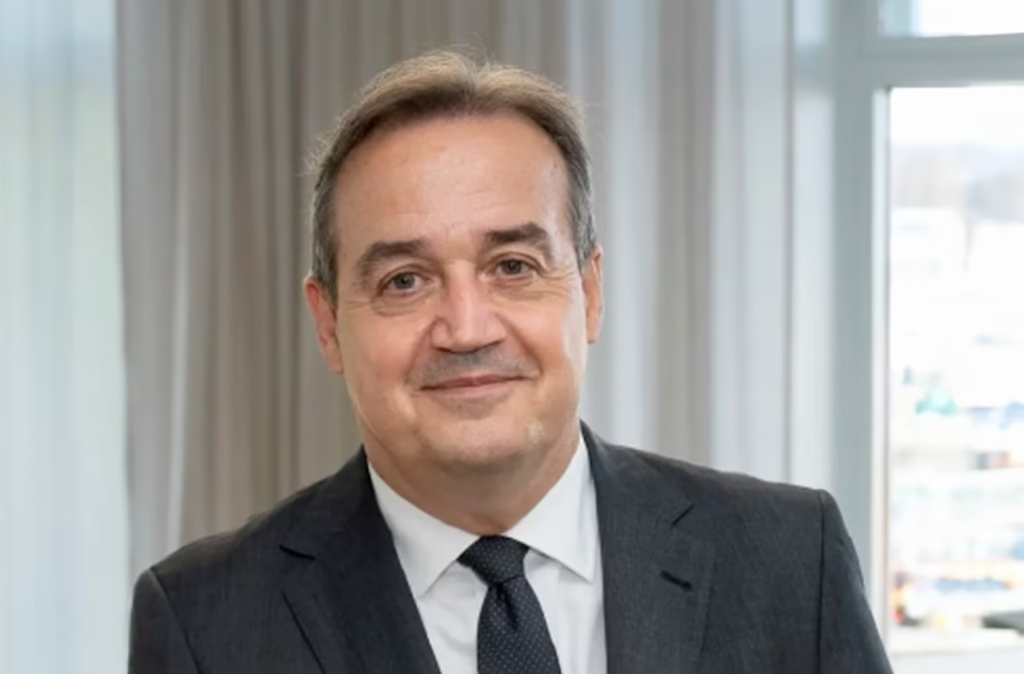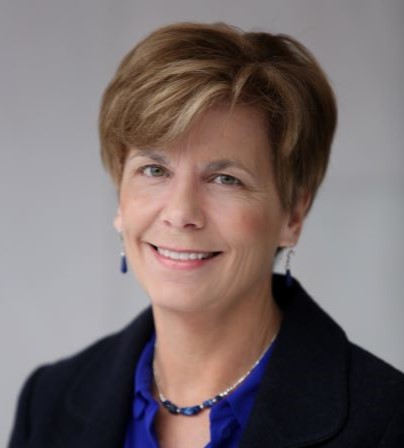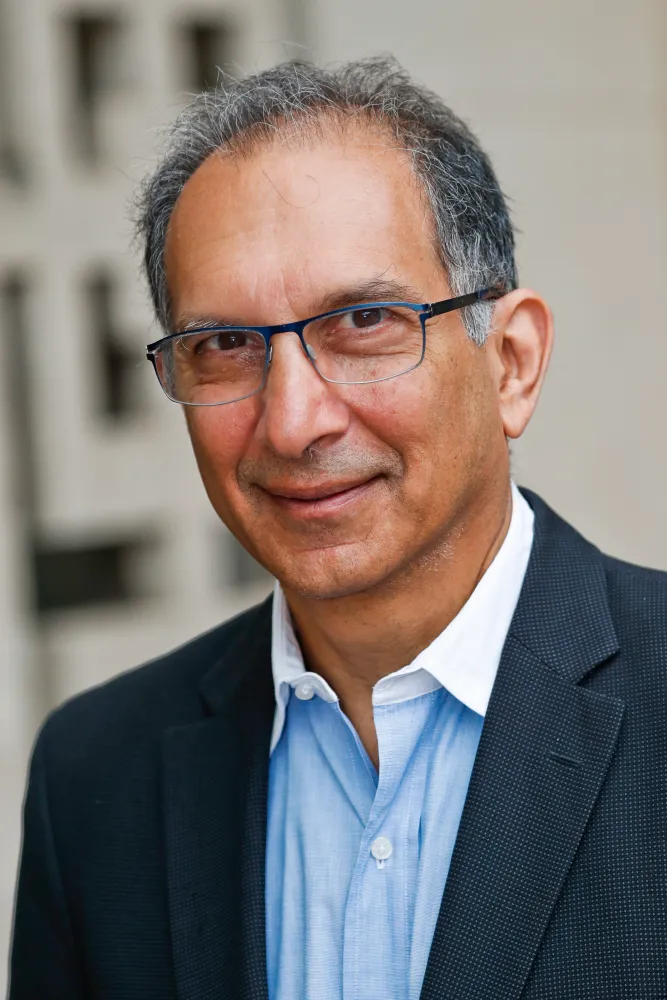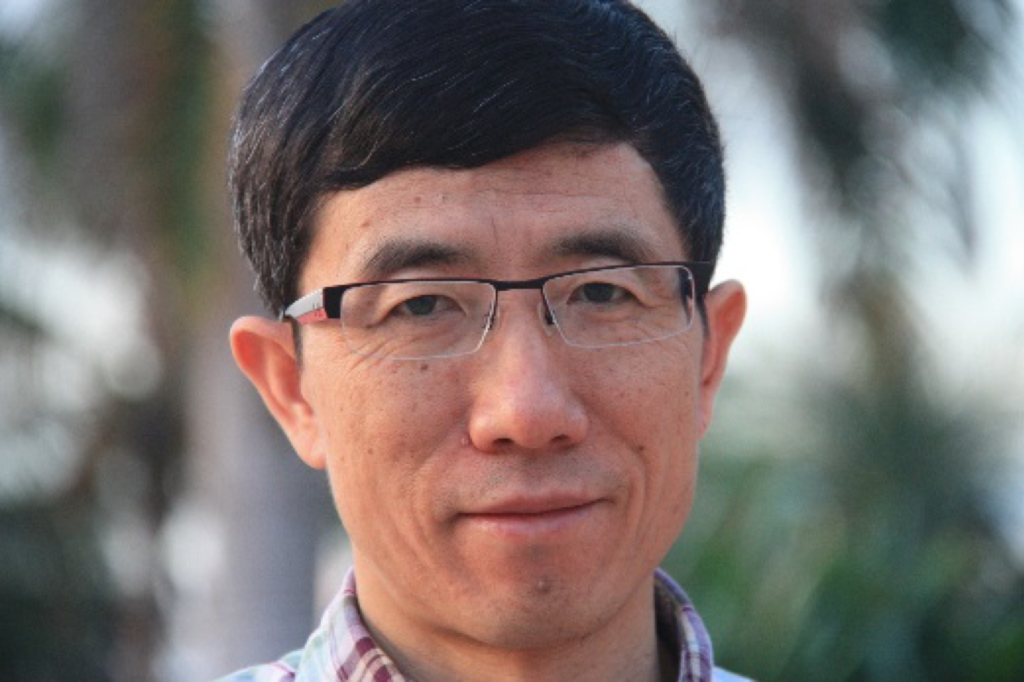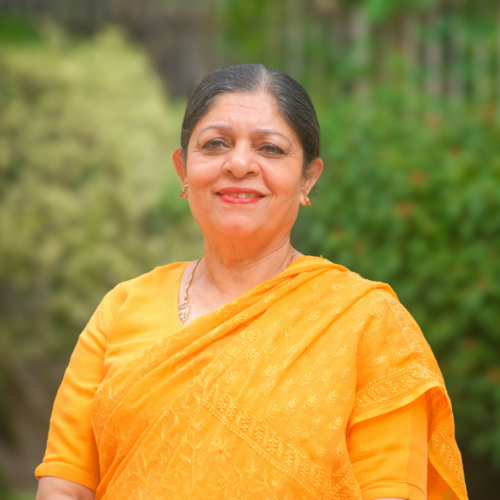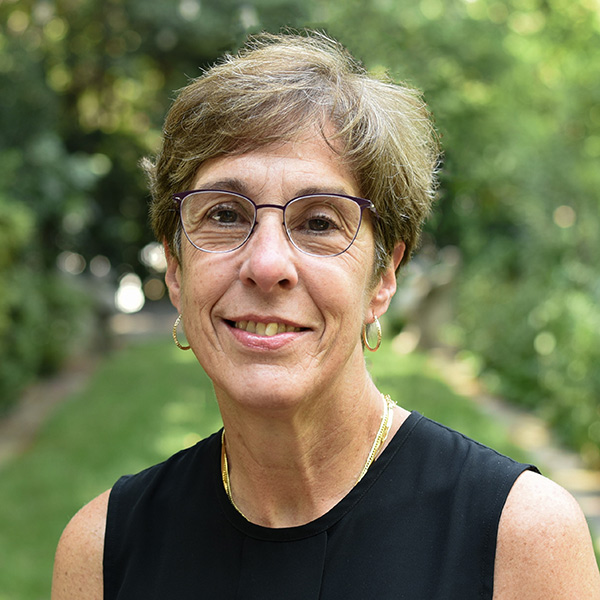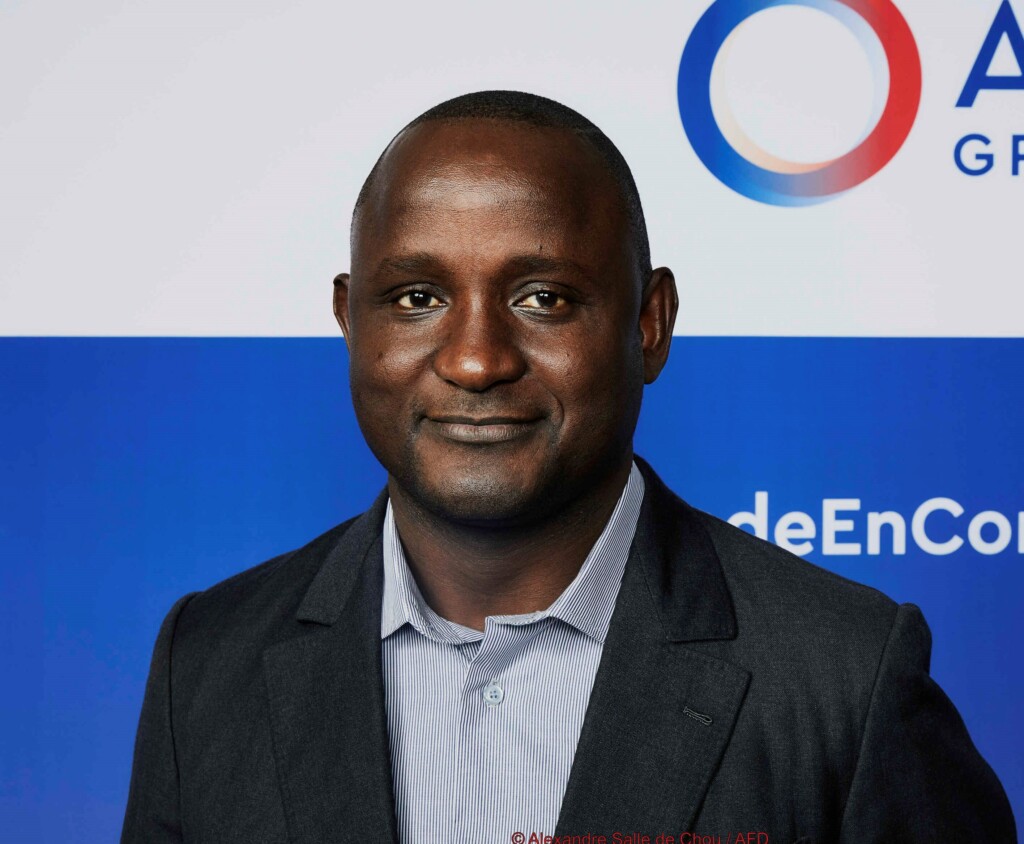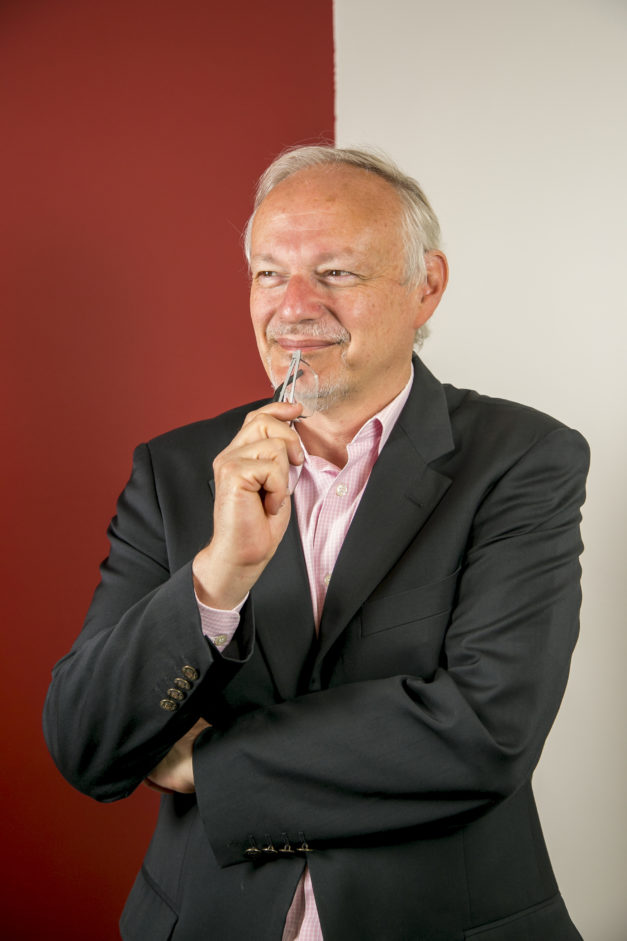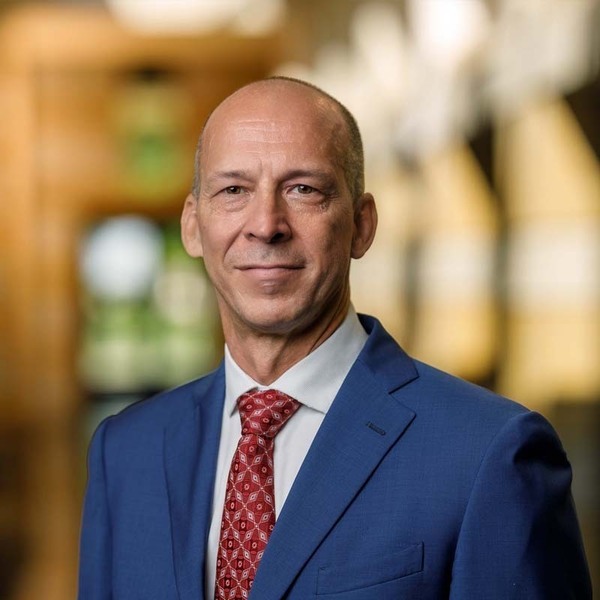ABOUT US
Scaling is more than just growing a project. It’s about achieving lasting impact at a level that matches the size of the problem.
The world’s most pressing development and climate goals demand more than innovation and isolated success stories. They require a shift in how organizations think and operate: moving beyond one-off projects to systematically pursue outcomes that persist and reach millions.
With a vision of a world in which all development and climate actors – governments, commercial and social enterprises, civil society organizations, funders, academia and think tanks, and communities – have the incentives and the capacity to pursue transformative impact at scale, the SCoP approaches scaling through three key lenses:
- From Innovation to Impact: How do we move from successful pilots to widespread, meaningful change?
- System Change: Scaling isn’t just about replication, as it often requires transforming the systems in which innovations operate.
- Designing for Scale: Projects should be built with scale in mind from the start, including how they’re funded, evaluated, and adapted over time.
The Scaling Community of Practice (SCoP) was founded in 2014 by Larry Cooley and Johannes Linn to be a global network dedicated to helping development and climate actors turn successful practices into real, lasting impact at scale.
The purpose of the SCoP is to:
- provide a platform for knowledge creation and exchange among development and climate experts and practitioners on approaches to scaling up development interventions, for developing partnerships, and
- champion the idea that scaling up development impact is critical for achieving global development aspirations, such as the Sustainable Development Goals and climate change aspirations.
The SCoP has organized regular annual forums and currently operates ten sectoral and thematic Working Groups (education, health, agriculture, nutrition, youth employment, climate change, fragile states, monitoring and evaluation, mainstreaming) each of which meets virtually two-three times a year. The SCoP has issued over thirty substantive Newsletters to date, sharing news about scaling up research and practice from the Working Groups, from SCoP members, and from the broader development community.
There is strong support among the membership for the continuation and strengthening of the SCoP. A Campaign to Mainstream Scaling in the institutional DNA of development and climate actors during 2026-2030 will be launched in early 2026. It will build on the 25 case studies and summary analysis of the three-year Initiative on Mainstreaming Scaling In Funder Organizations, which will be completed by the end of 2025.
As an independent, volunteer-driven network, the SCoP exists to connect people, surface knowledge, and advance the field of scaling through collective learning.
The SCoP receives financial and in-kind support from a number of organizations and individuals. Sustaining members are foundational to the Scaling Community of Practice. These organizations choose to support the SCoP because they believe in its mission: that achieving sustainable impact at scale requires shared learning, cross-sector collaboration, and a trusted, neutral space for practitioners to connect. Their contributions have allowed the SCoP to host its annual forum, invite and support southern participants, develop and support its website, and carry out and publish significant substantive analysis of key scaling issues and opportunities. For the Mainstreaming Campaign 2026-2030, the SCoP is looking to raise additional financial resources and well as engaging with partner organizations in implementing the Campaign.
Interested in shaping the future of development and climate solutions?
Become a Sustaining Member and be the catalyst for transformational scaling — help us turn proven solutions into lasting global impact.
Learn how your organization can play a leadership role in our five-year Scaling Campaign (2026–2030).
Membership in the Scaling Community of Practice is open, global, and completely free. With more than 5,000 members in 127 countries (50% of whom are based in the Global South), the SCoP brings together professionals from some 1,300 institutions (multilateral organizations, NGOs, universities, think tanks, and government agencies) and from many different sectoral and thematic areas of professional expertise.
Sign up to become a member and receive all of our scaling updates.
Johannes Linn
Larry Cooley
Charlotte Coogan
Karin Kemper
Koldo Echebarría
Richard Kohl
Todd Kirkbride
An Executive Committee from among the membership oversees the SCoP. Until June 2025 Management Systems International (MSI) generously provided administrative and logistical support. Since July 2025, Dalberg Catalyst serves as the not-for-profit financial and administrative host and substantive partner of the SCoP.
